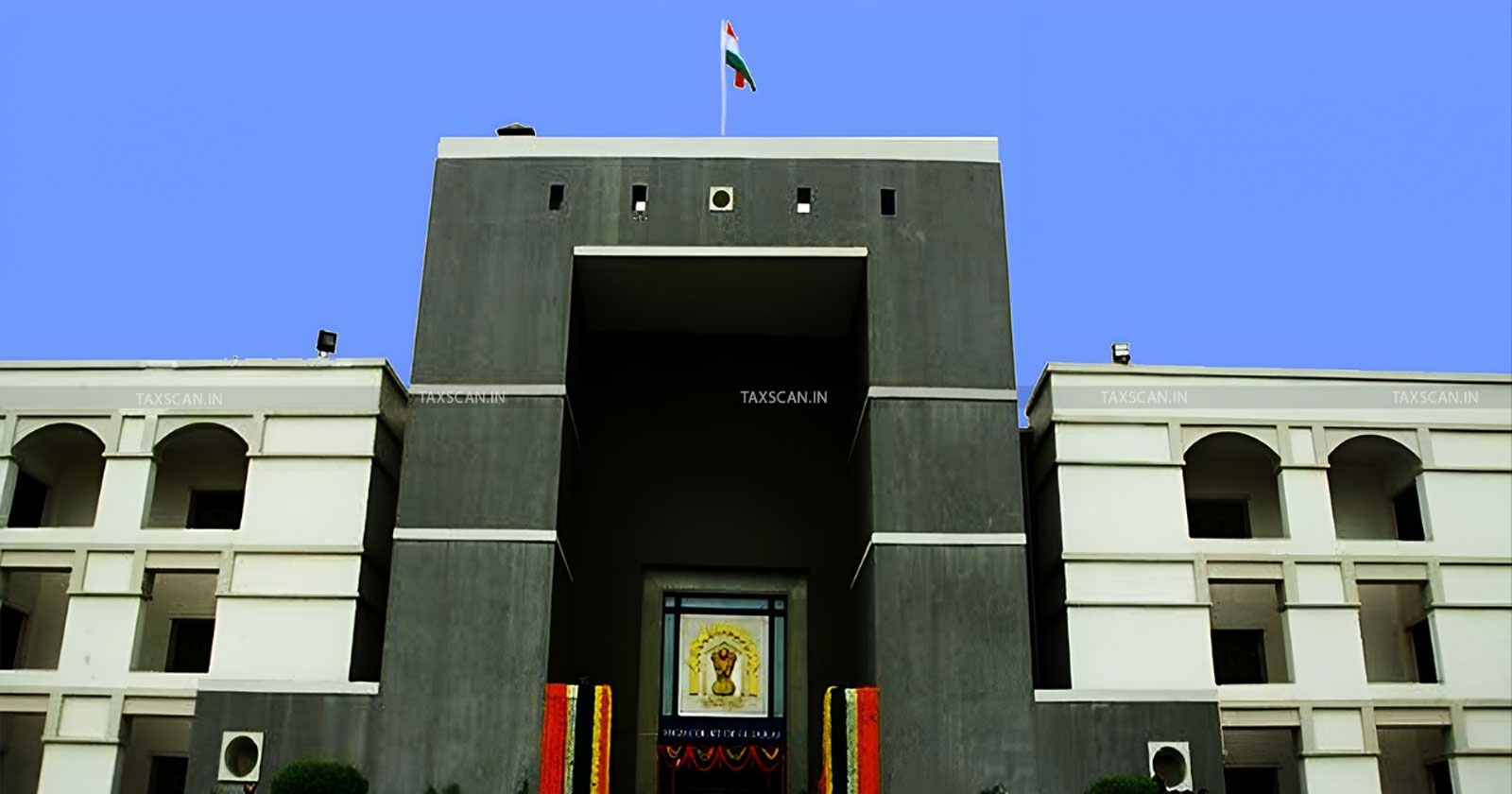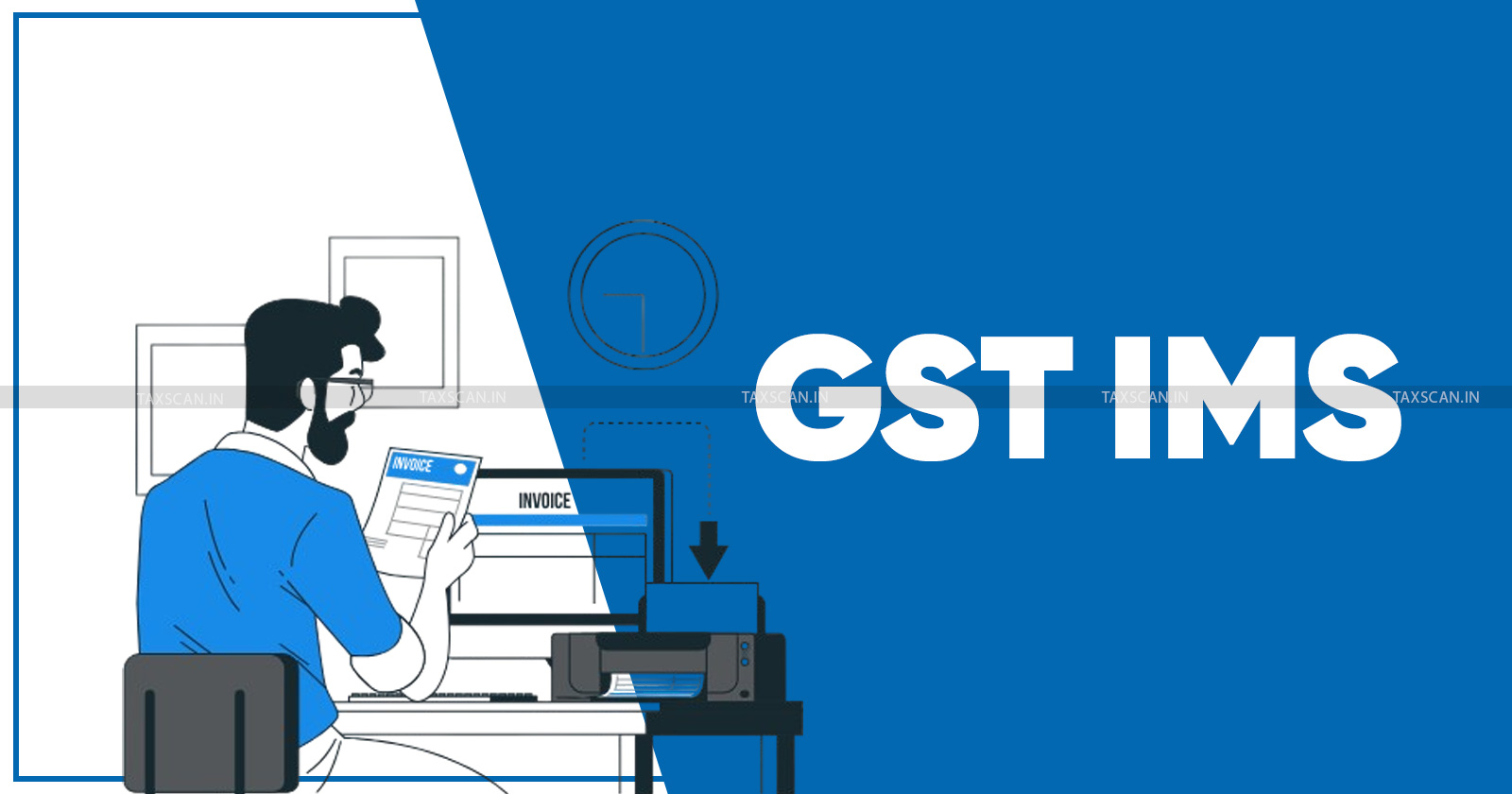Understanding GST ITC Refund Rejections: Key Reasons and Landmark Judgments
GST ITC refund rejections often arise from procedural or legal discrepancies, but courts increasingly uphold genuine claims backed by valid documentation

The Goods and Services Tax (GST) framework in India enables businesses to claim Input Tax Credit (ITC) for taxes paid on purchases, thereby reducing their output tax liability. In scenarios where ITC accumulates, such as zero-rated supplies, exports, or inverted duty structures, businesses may claim refunds under Section 54 of the Central Goods and Services Tax (CGST) Act, 2017. However, not all refund claims are successful. Refund rejections often arise due to legal, procedural, or compliance-related issues and have consequently been subject to intensive judicial review.
This article explores the key reasons for refund rejections and the judicial interpretations that have helped shape the current understanding of ITC refund eligibility.
Common Reasons for Rejection of GST ITC Refunds
Refund claims under the GST framework can be denied for several reasons, most of which revolve around compliance failures, documentation issues, and legal interpretations. Below are the key grounds on which refund applications are frequently rejected, along with the relevant legal context.
 Also Read:Design & Engineering Services to Foreign Entities Are Zero-Rated Supplies: Bombay HC Allows Refund of Unutilized ITC u/s 54 of CGST Act [Read Order]
Also Read:Design & Engineering Services to Foreign Entities Are Zero-Rated Supplies: Bombay HC Allows Refund of Unutilized ITC u/s 54 of CGST Act [Read Order]
1. Supplier Non-Payment of Tax
A recurring ground for rejection is when the supplier has failed to remit GST to the government, even though the recipient has paid the amount and claimed ITC. Tax authorities often deny such claims on the basis that the tax has not reached the exchequer, but courts have protected bona fide recipients who possess valid invoices and payment records, affirming that ITC should not be denied in cases where the buyer has fulfilled their obligations in good faith.
2. Mismatch Between GSTR-2A and GSTR-3B
Refund applications are also frequently rejected due to mismatches between GSTR-2A (auto-populated return based on supplier filings) and GSTR-3B (self-declared return by the taxpayer). These discrepancies may arise due to timing differences or system errors.
3. Cancellation of Supplier’s Registration
If the registration of a supplier is cancelled retrospectively, authorities tend to question the legitimacy of the related ITC claims.
4. Burden of Proof on the Claimant
Claimants are required to establish their eligibility for refunds by producing adequate documentation, such as valid tax invoices, e-way bills, and delivery challans. Courts have consistently reaffirmed that the onus is on the taxpayer to prove that the transaction is real and that the tax liability has been discharged by the supplier.
5. Time Limit Restrictions under Section 16(4)
Refund claims are strictly time-bound. Under Section 16(4) of the CGST Act, input tax credit must be claimed within the due date for filing the annual return for the relevant financial year.
6. Procedural Lapses and Deficiencies
Refund applications may be rejected for incomplete documentation, incorrect forms, or failure to respond to deficiency memos. Authorities often issue Form GST RFD-03 to notify applicants of deficiencies. If these are not corrected within the prescribed time, the application may be rejected. This underscores the importance of precise and complete filings.
 Also Read:Rule 96(10) of CGST Rules Omission Operates Prospectively But Applies to Pending Proceedings: Gujarat HC [Read Order]
Also Read:Rule 96(10) of CGST Rules Omission Operates Prospectively But Applies to Pending Proceedings: Gujarat HC [Read Order]
7. Failure to Pass the Unjust Enrichment Test
The principle of unjust enrichment requires that the claimant must not have passed on the tax burden to the end consumer. If the tax burden has been shifted, the refund, if sanctioned, is redirected to the Consumer Welfare Fund. Refunds below Rs. 2 lakhs require a self-declaration, whereas claims above this threshold must be supported by a certificate from a Chartered Accountant or Cost Accountant.
8. Prosecution History and High-Risk Applicants
Taxpayers with a history of serious violations, such as prosecution for tax evasion involving amounts exceeding Rs. 250 lakh within the last five years, may face provisional refund denials. This policy, often applicable in zero-rated export cases, reflects the revenue department’s cautious approach toward high-risk applicants.
9. Restrictions Due to Export Incentive Notifications
Exporters who claim benefits under certain incentive schemes, such as Notification No. 48/2017, may be ineligible to claim IGST refunds on exports. Rule 96(10) of the CGST Rules restricts dual benefits to prevent overlap. Businesses must carefully assess whether availing such notifications might disqualify them from refund eligibility.
Landmark Judgments
The Madras High Court followed a similar approach in Mahendra Feeds and Foods, allowing ITC even when the supplier had not paid GST. In Abi Technologies, the same court allowed refunds despite mismatches between GSTR-2A and GSTR-3B, stating that exporters should not suffer for technical issues if the transaction is valid.
 Also Read:How to Handle Inadvertently Rejected Records in IMS: GSTN Clarifies ITC and Liability Process
Also Read:How to Handle Inadvertently Rejected Records in IMS: GSTN Clarifies ITC and Liability Process
The Calcutta High Court in Suncraft Energy ruled that ITC cannot be denied just because of GSTR mismatches unless fraud is proven. In Delhi, Bharti Telemedia challenged the rule that ties ITC to the supplier’s tax payment, and in Advent India PE, the court ordered the release of long-blocked ITC, criticizing delays by tax authorities.
The Kerala High Court in Mina Bazar and Jose Paul ruled that small errors in return forms should not lead to ITC denial and asked for a proper review. The Bombay High Court also released the blocked ITC in Advent India PE, pointing to unfair delays.
In Pacific Industries, the Rajasthan High Court accepted ITC claims despite GST portal issues. The Jharkhand High Court in Vikash Kumar Singh reduced a 100 percent penalty to 10 percent, stressing fairness.
Practical Takeaways for Businesses
To minimize refund rejections and leverage favorable legal trends, businesses should:
- Ensure timely filing of returns and compliance with Section 16(4).
- Maintain robust documentation to satisfy the burden of proof.
- Monitor supplier compliance and verify GST registration status.
- Use the GST portal’s facilities for tracking and revising refund applications.
- Avoid availing mutually exclusive export-related benefits.
If a refund is denied despite substantial compliance, legal recourse is advisable, as many courts have ruled in favor of taxpayers.
Support our journalism by subscribing to Taxscan premium. Follow us on Telegram for quick updates


